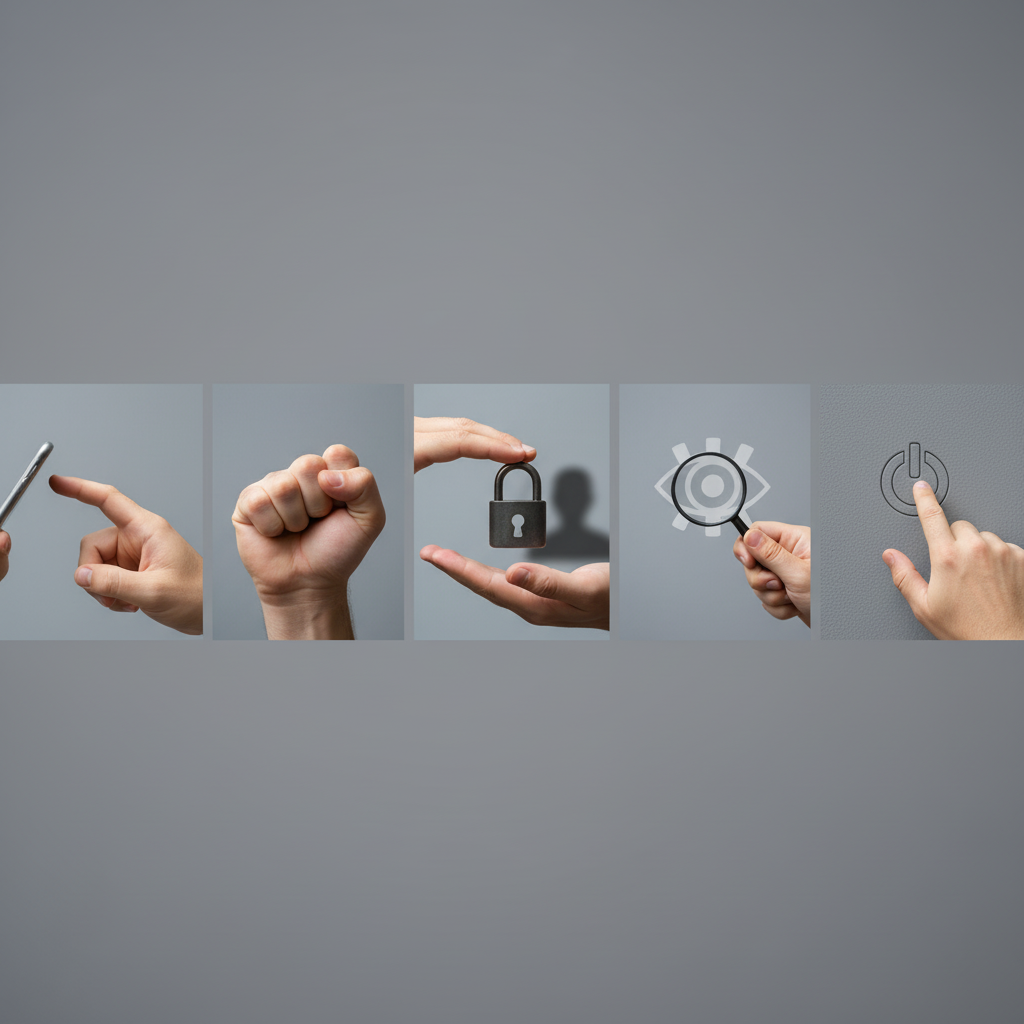5 Essential Social Media Privacy Tips

5 Essential Social Media Privacy Tips
Social media is a crucial communication tool widely used in modern society, but it also carries the risk of personal information leaks. Protecting your information in the digital environment is very important, and following a few simple rules can significantly improve your level of privacy protection when using social media. Here are 5 essential tips that social media users should be aware of:
1. Create and Manage Strong Passwords
A password is the most basic element of online account security. Using an easy password or the same password as other accounts makes you an easy target for hacking attempts. A strong password should consist of at least 12 characters and should use a mix of uppercase letters, lowercase letters, numbers, and special characters. It is also important to use different passwords for each social media account. Using a password management tool can help you create and manage passwords securely. Changing your password regularly also helps enhance security. If you suspect your account has been hacked, change your password immediately and report it to the social media platform.
2. Check and Adjust Privacy Settings
Most social media platforms provide features that allow users to adjust their privacy settings. Through these settings, you can control who can see your posts, what information is made public, and more. Default settings are often set to be vulnerable to privacy breaches, so you should always check and adjust your privacy settings. For example, set the post visibility range to 'Friends Only' or 'Only Me,' and set unnecessary profile information to private. Also, carefully consider whether to use location services. If location information is enabled, your location can be shared in real-time, which can lead to potential risks. It is also important to regularly check the social media platform's privacy policy and see if there are any changes.
3. Beware of Suspicious Links and Content
Social media is home to various cyberattacks, including phishing, smishing, and malware infections. These attacks are often carried out through suspicious links or content, so be sure to review carefully before clicking on a link or downloading a file. Never click on links from unknown sources or with suspicious content. Also, never respond to messages that ask for personal information through social media. Installing and keeping your antivirus program up to date can prevent malware infections. If you click on a suspicious link or download a file, run an immediate virus scan and check for personal information leaks.
4. Limit Social Media Usage Time
Excessive social media use can have negative effects on mental health and increase the risk of personal information leaks. It is important to limit social media usage time and maintain a balance with the real world. You can manage your usage time by using the usage time limit feature provided by your smartphone or social media platform. It is also best to refrain from using social media before going to bed. Instead of social media, it is helpful for your mental health to relieve stress and gain enjoyment through other activities such as reading, exercising, and hobbies. Spending time with family or friends can also help reduce your dependence on social media.
5. Delete Online Activity Records
Social media platforms store users' activity records. These records can be used for ad targeting and can be exploited in the event of a personal information leak. It is a good idea to regularly delete your online activity records. You can delete posts, comments, search history, etc. by using the activity record deletion function provided by the social media platform. Also, deleting browser cookies and cache will erase your website visit history. You may also want to consider using a VPN (Virtual Private Network) for privacy. A VPN hides your IP address and encrypts your internet traffic to protect your online activity.
